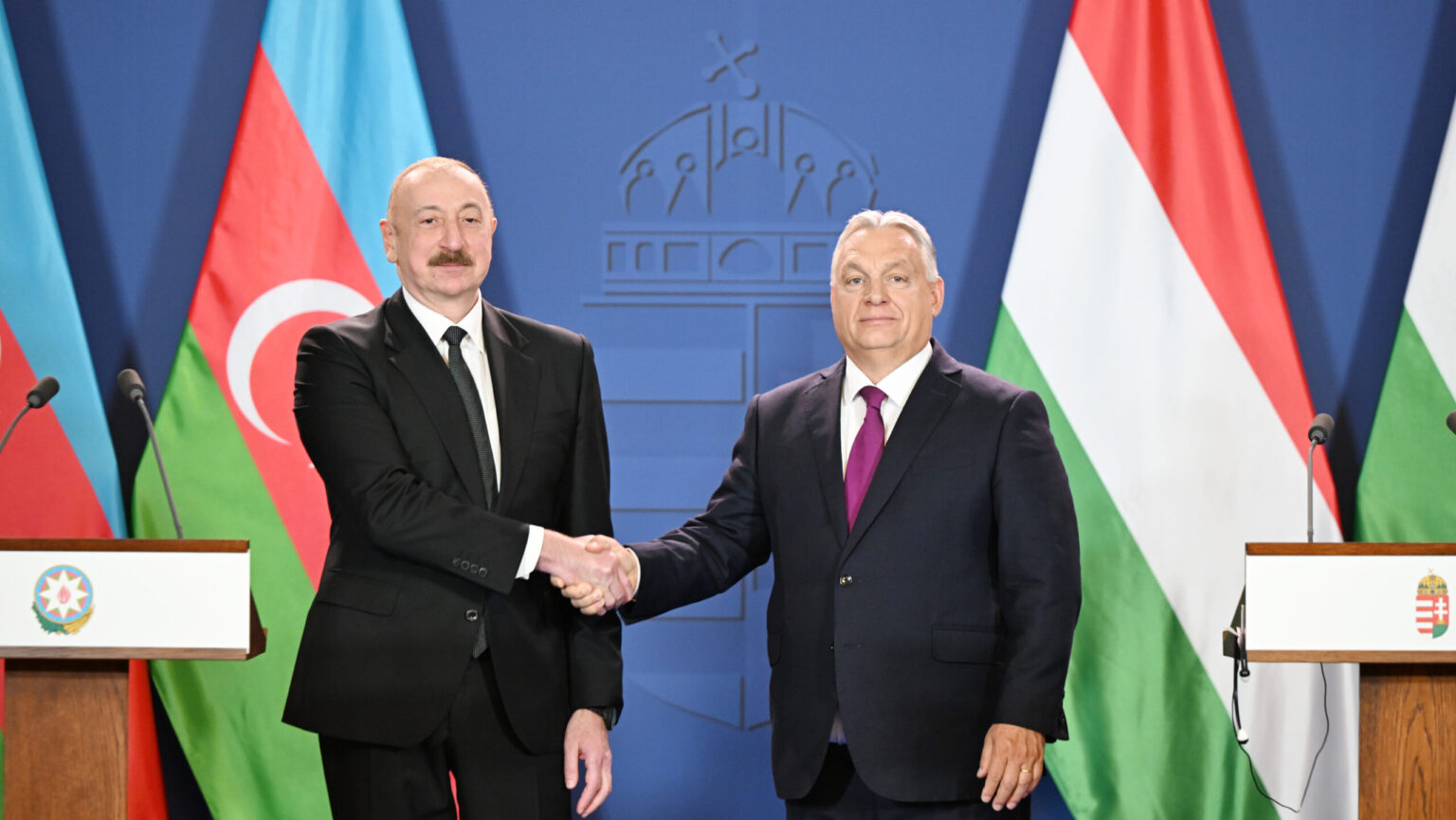
Hungarian PM Viktor Orbán emphasized that Hungary’s energy security relies heavily on cooperation with Turkic nations, particularly Azerbaijan, during a meeting with President Ilham Aliyev. He warned that EU policies have undermined stability and affordability.
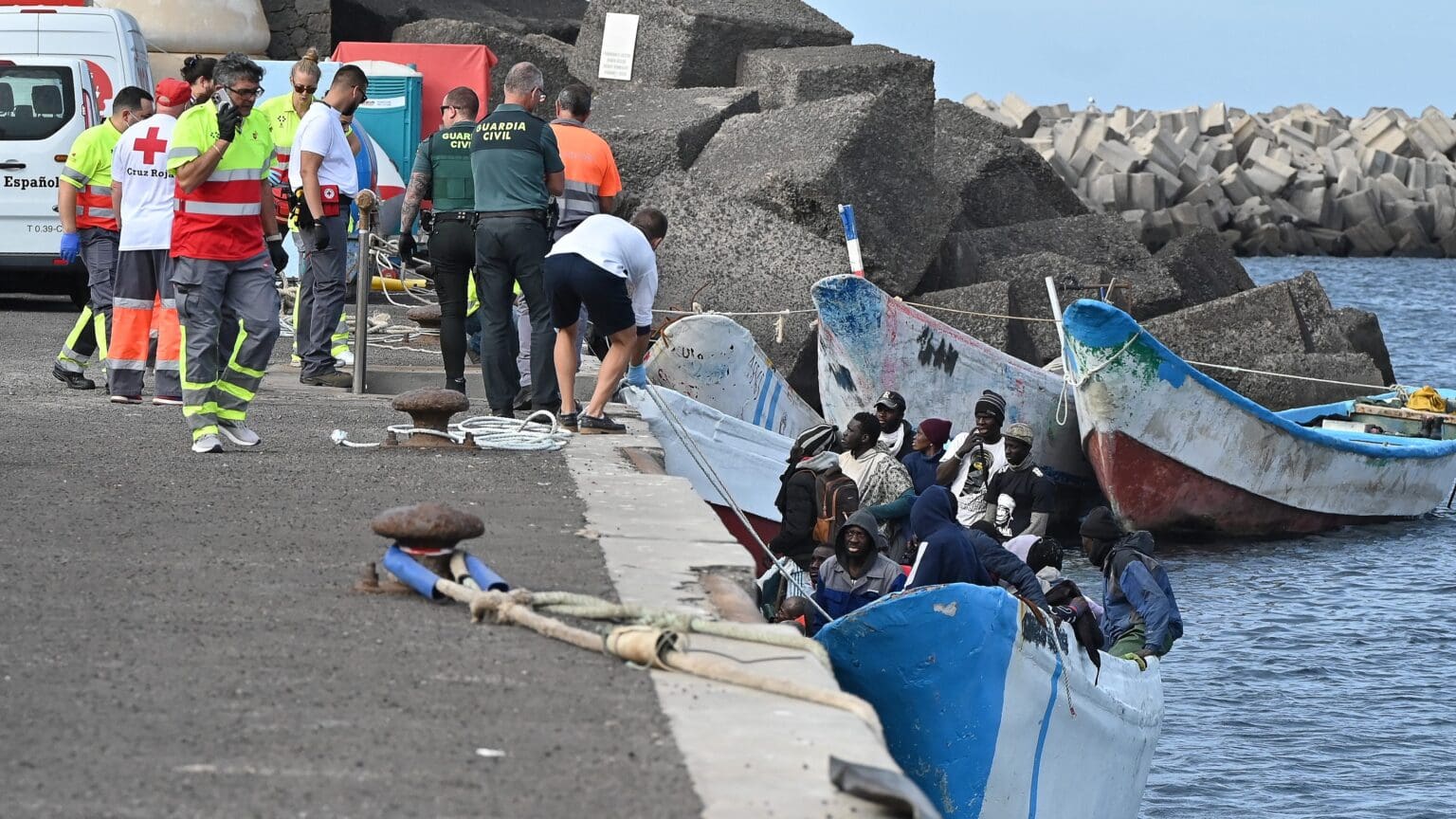
‘Yet nearly two decades later, Spain appears increasingly unprepared to manage a renewed wave of migratory pressure. In 2023 alone, over 56,000 migrants arrived by sea, with more than 61,000 arrivals recorded by the end of April 2024. The Canary Islands remain the epicentre, experiencing a 140 per cent year-on-year increase.’
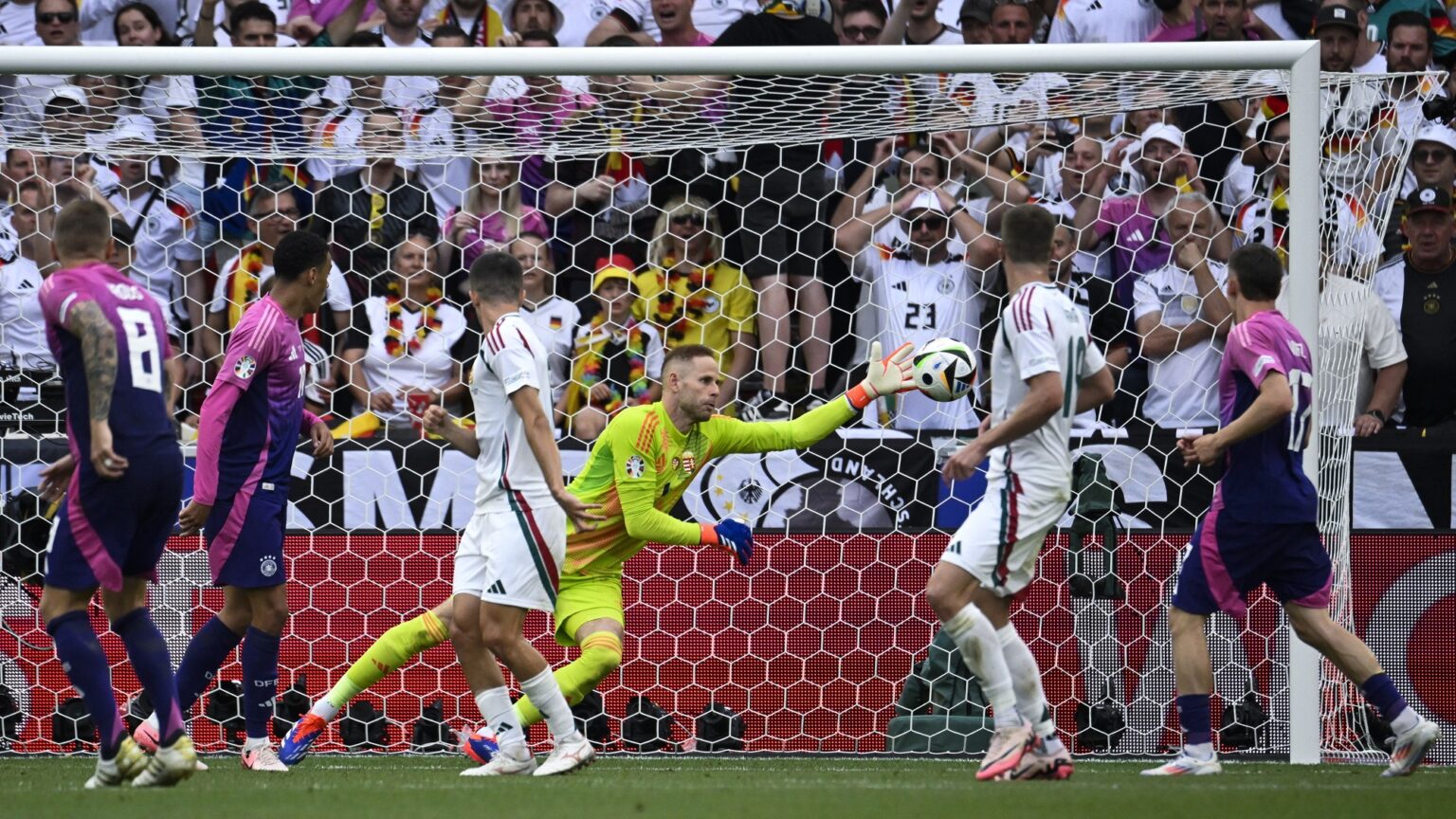
Goalkeeper Péter Gulácsi has announced that he will no longer be playing for the Hungarian National Team. The 35-year-old footballer is one of the few players who were in the squad for all three consecutive European Championships Hungary qualified for between 2016 and 2024.
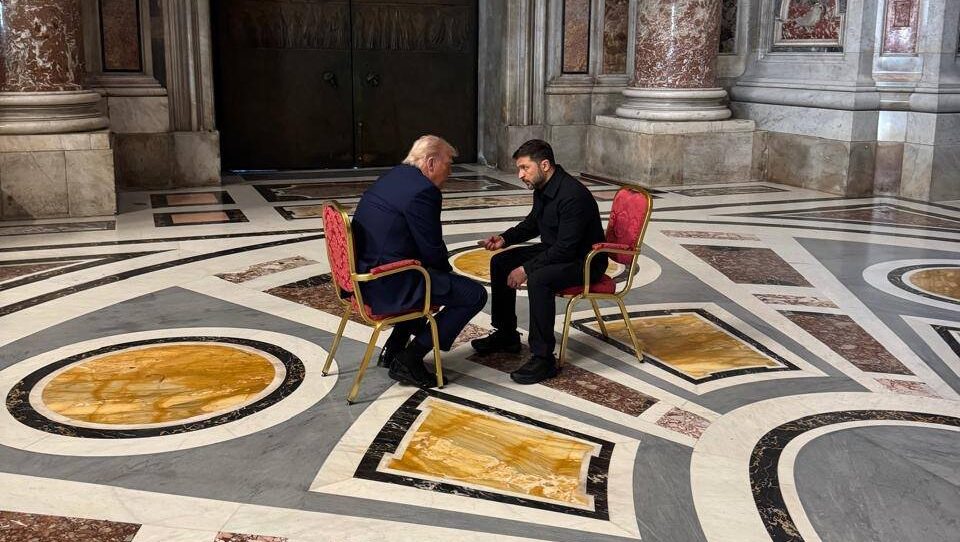
As the Trump administration signals its intention to step back from peace talks over the war in Ukraine—pressuring Kyiv and Moscow to engage in direct negotiations—a new structure for peace efforts is beginning to take shape. In parallel, the Vatican under Pope Leo XIV is assuming an increasingly active role in the process, positioning Rome as the new epicentre of the negotiations.
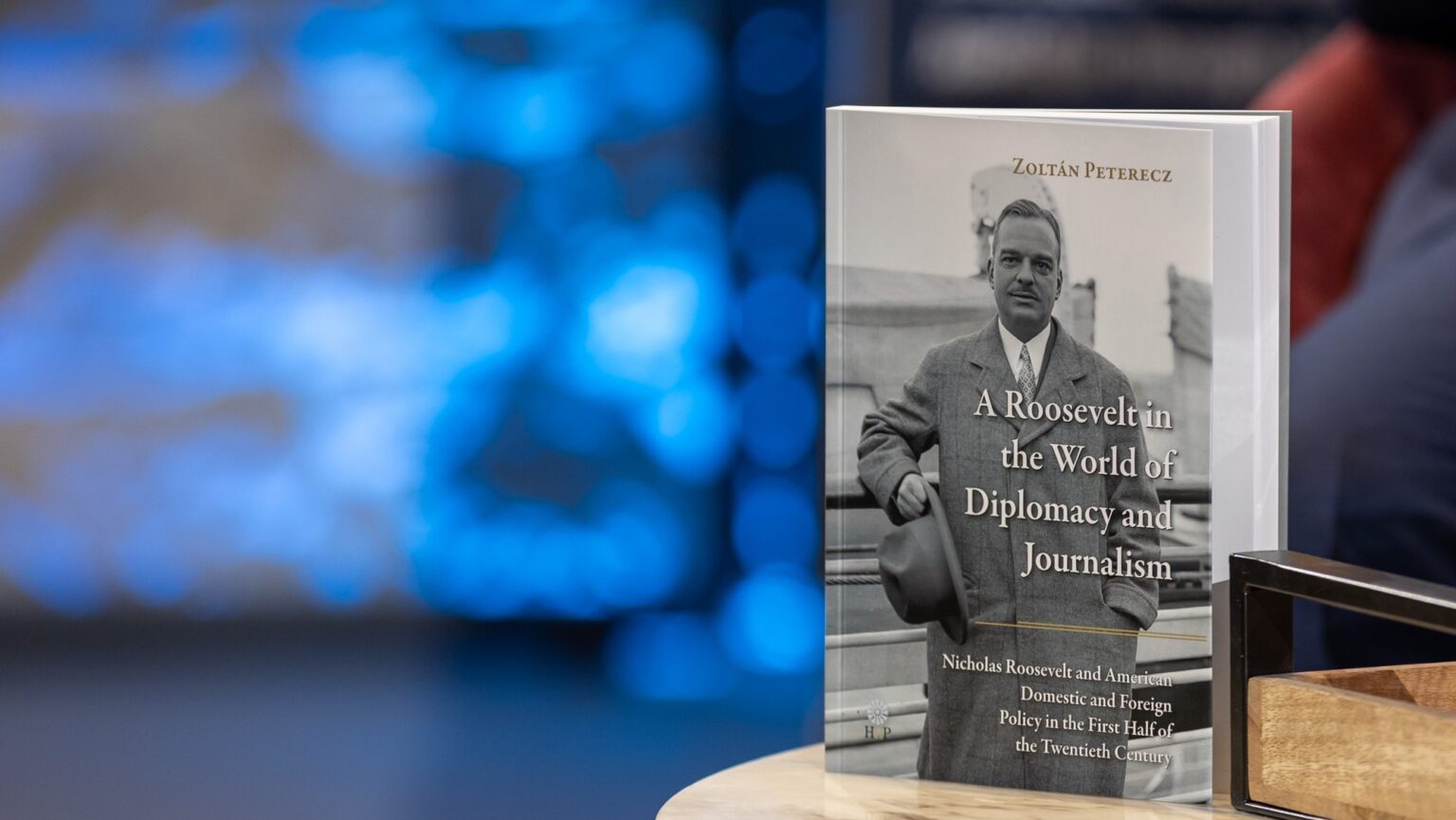
‘The diarist survived the diplomat, and in his pages, the 20th century flickers to life.’

Hungarian agricultural leaders warn that Ukraine’s EU accession and EU budget reforms could slash farm subsidies by up to 25 per cent. Farmers and industry bodies rallied in Brussels to protest against plans that could merge the CAP into a broader superfund.
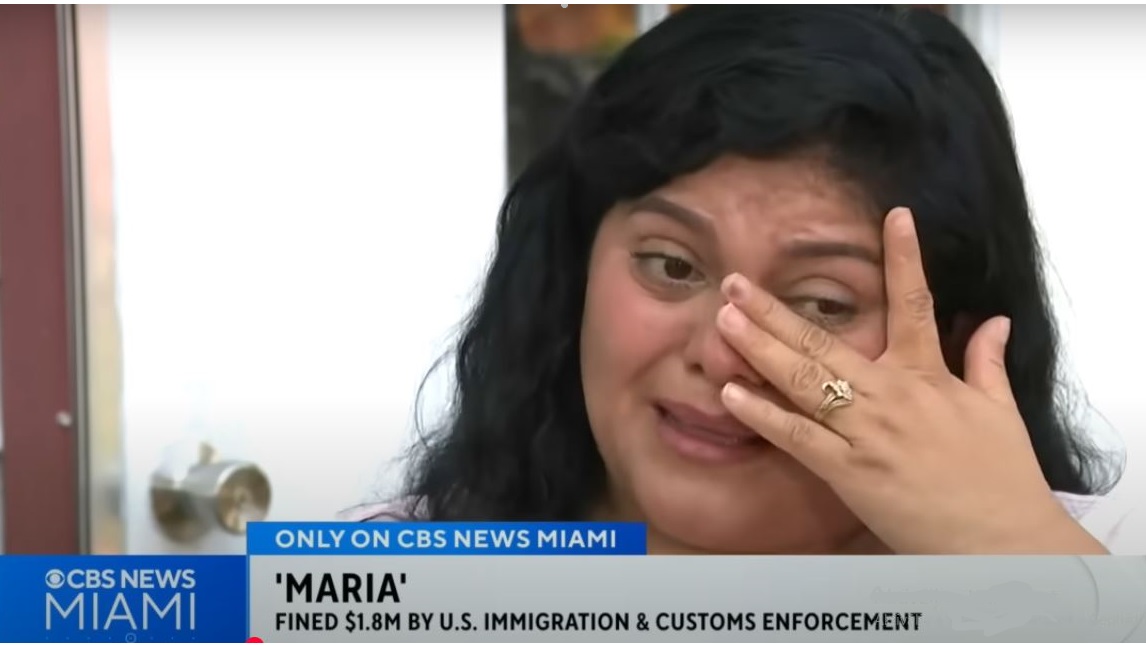
The Trump administration has been exercising the clause in the 1952 Immigration and Nationality Act that allows the government to fine illegal migrants $500 a day for defying removal orders. As a result, a Honduran woman in South Florida, who has been in the US illegally since 2005, was given a fine of $1.82 million.
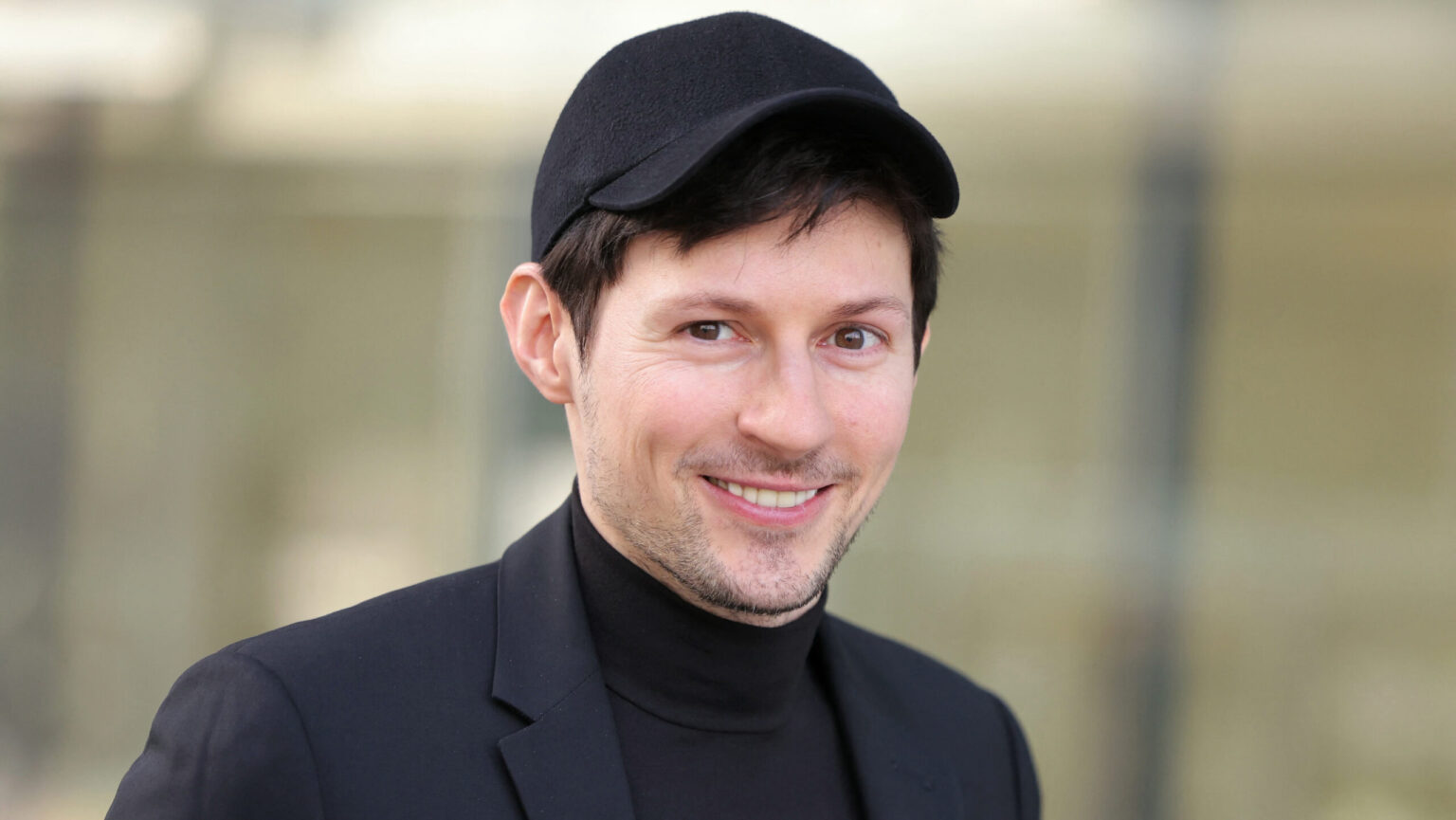
Telegram CEO Pavel Durov has accused the head of French foreign intelligence of pressuring him to silence conservative voices on his platform ahead of the Romanian presidential elections. The events feed into an already tense political climate in the country, following the annulment of the original vote’s first-round results in December 2024 due to alleged Russian interference.

What drives India’s interest in the India–Middle East–Europe Economic Corridor (IMEC)? Could the project boost not just economic ties but also geopolitical cooperation—and signal a shift in India’s neutral stance toward a more Western alignment to counter China? We asked a leading Indian analyst at the Danube Institute’s IMEC conference.
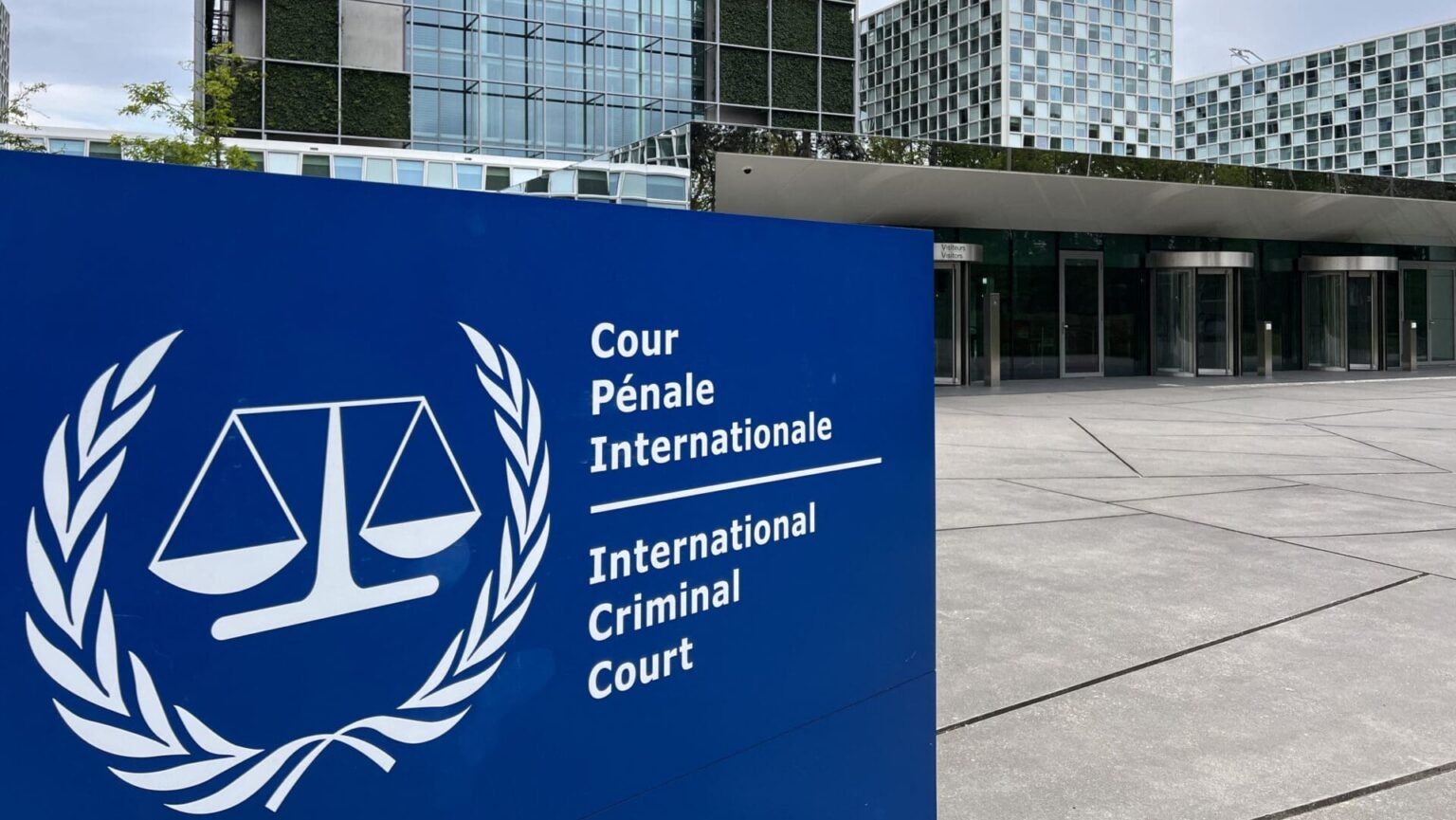
Hungary’s parliament has voted to withdraw from the International Criminal Court (ICC), a decision Foreign Minister Péter Szijjártó says stems from concerns over what he described as politically motivated and unserious actions by the tribunal.
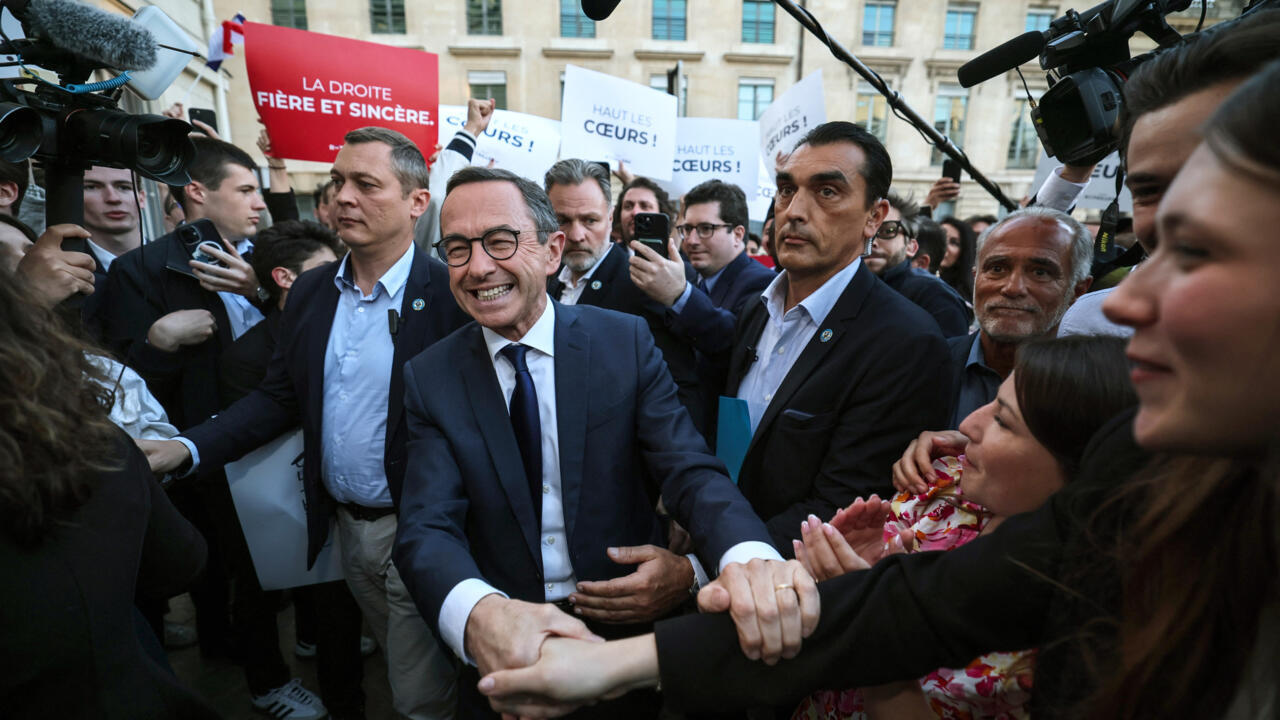
‘Bruno Retailleau enters the storm not as a passenger, but as a worker of the sea. The vessel he inherits is worn, with its crew divided and its purpose blurred—hic tamen fluctuat, which is enough for now.’
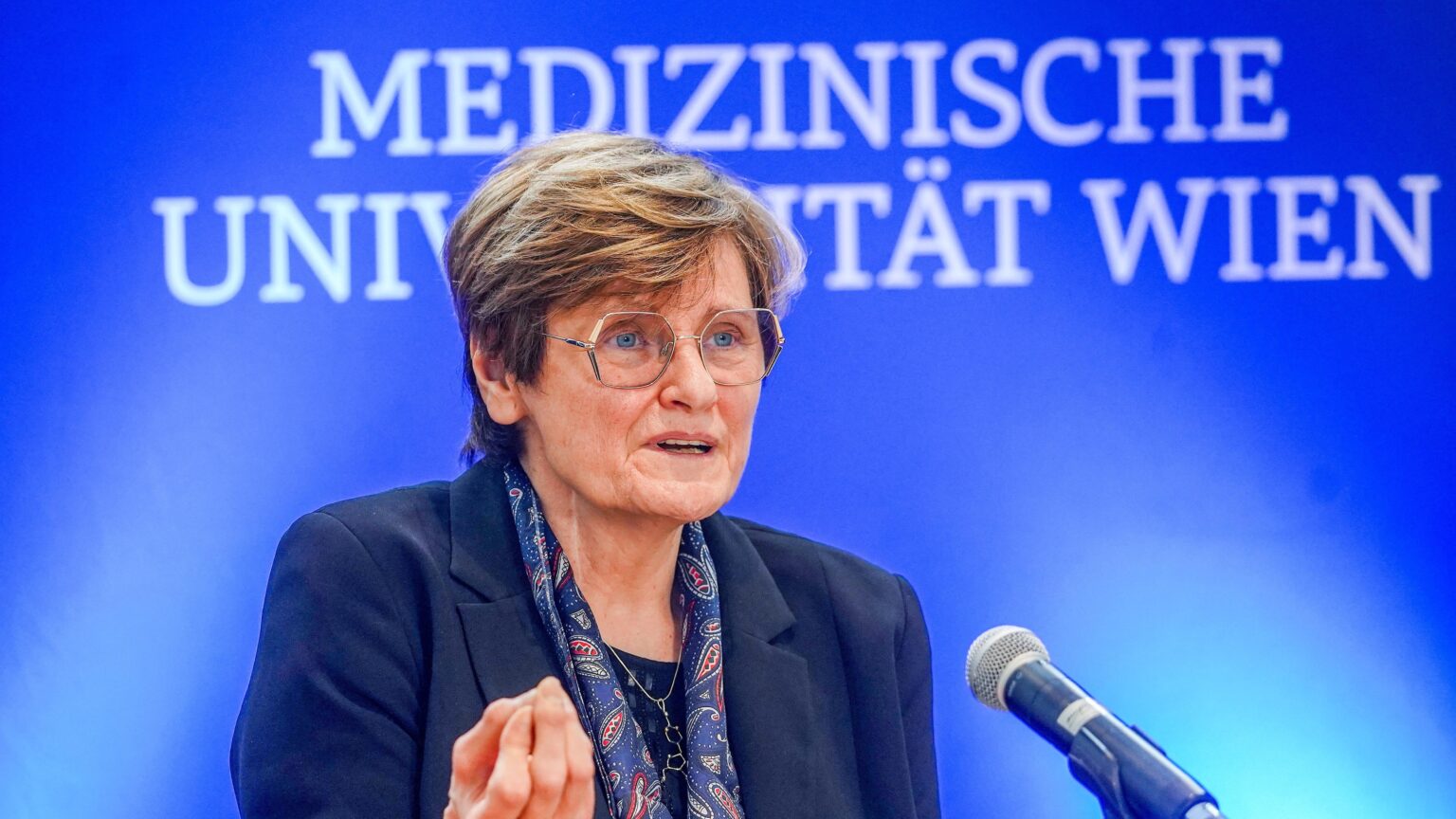
A new exhibition titled Forever Forward opens in Vienna’s Josephinum Museum, celebrating the life and groundbreaking research of Hungarian scientist Katalin Karikó, co-developer of mRNA vaccines and a symbol of resilience in scientific discovery.
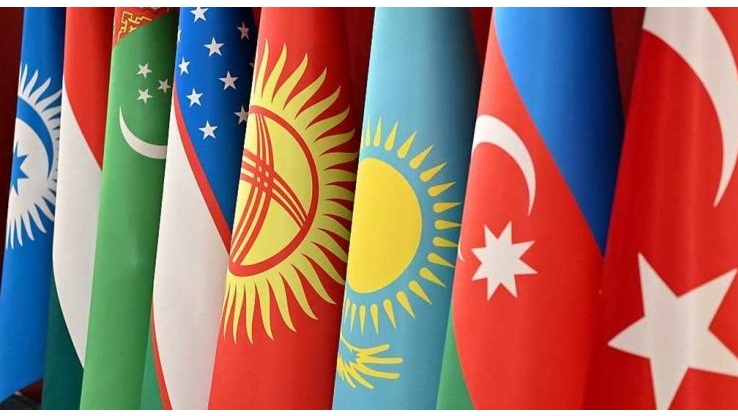
Hungary is the first country to host leaders of the Organization of Turkic States (OTS) for a summit as an Observer State, as opposed to a Member State of the organization. The event hosted by Prime Minister Orbán will be taking place on 20–21 May in Budapest.
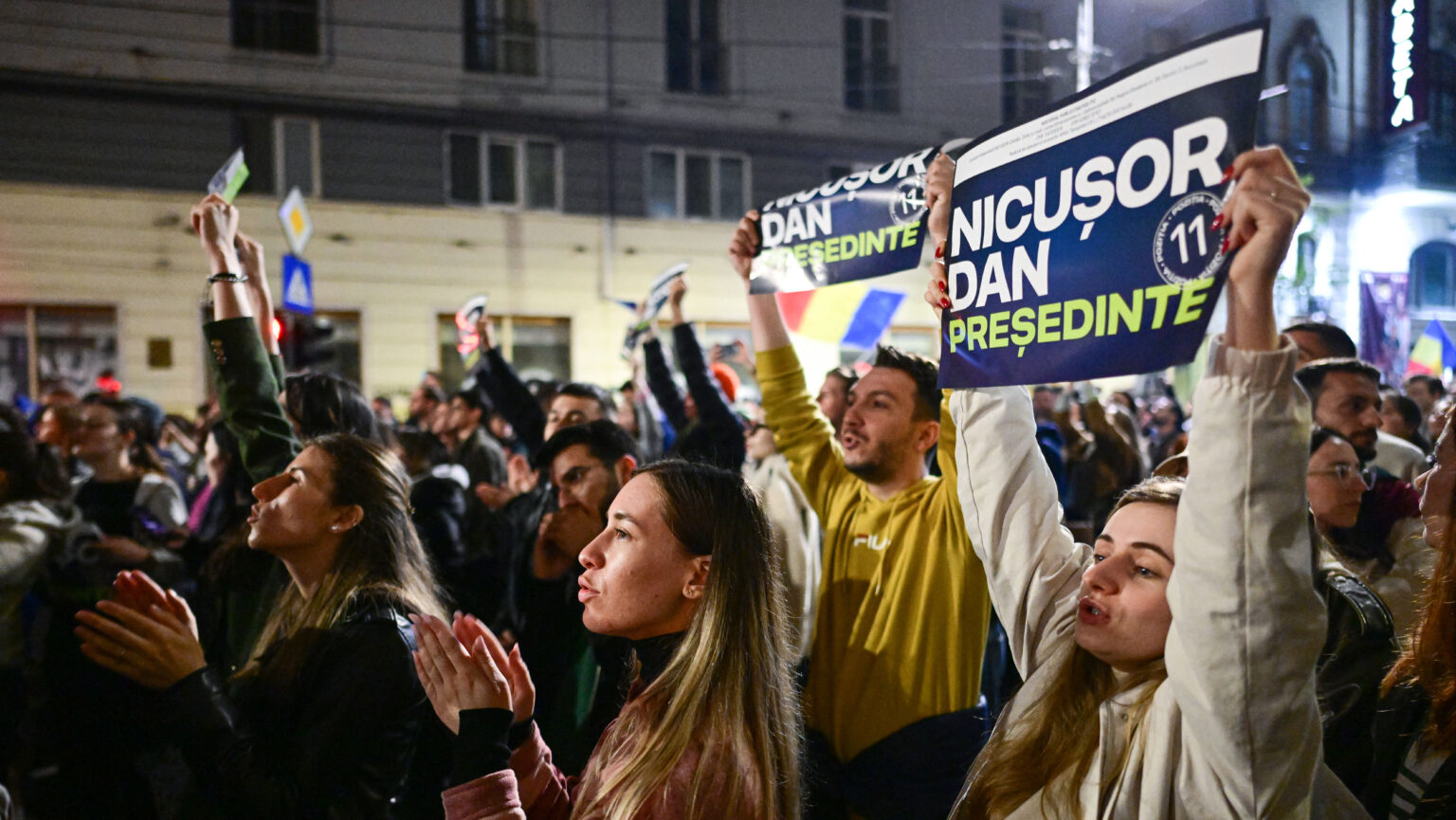
‘I look forward to working together on strengthening the cooperation between Hungary and Romania,’ Hungarian Prime Minister Viktor Orbán wrote in his congratulatory post to Romanian President-elect Nicușor Dan. The Bucharest mayor won by a landslide in Hungarian-majority counties, with more than 90 per cent of voters in Harghita casting their ballots for him on Sunday.
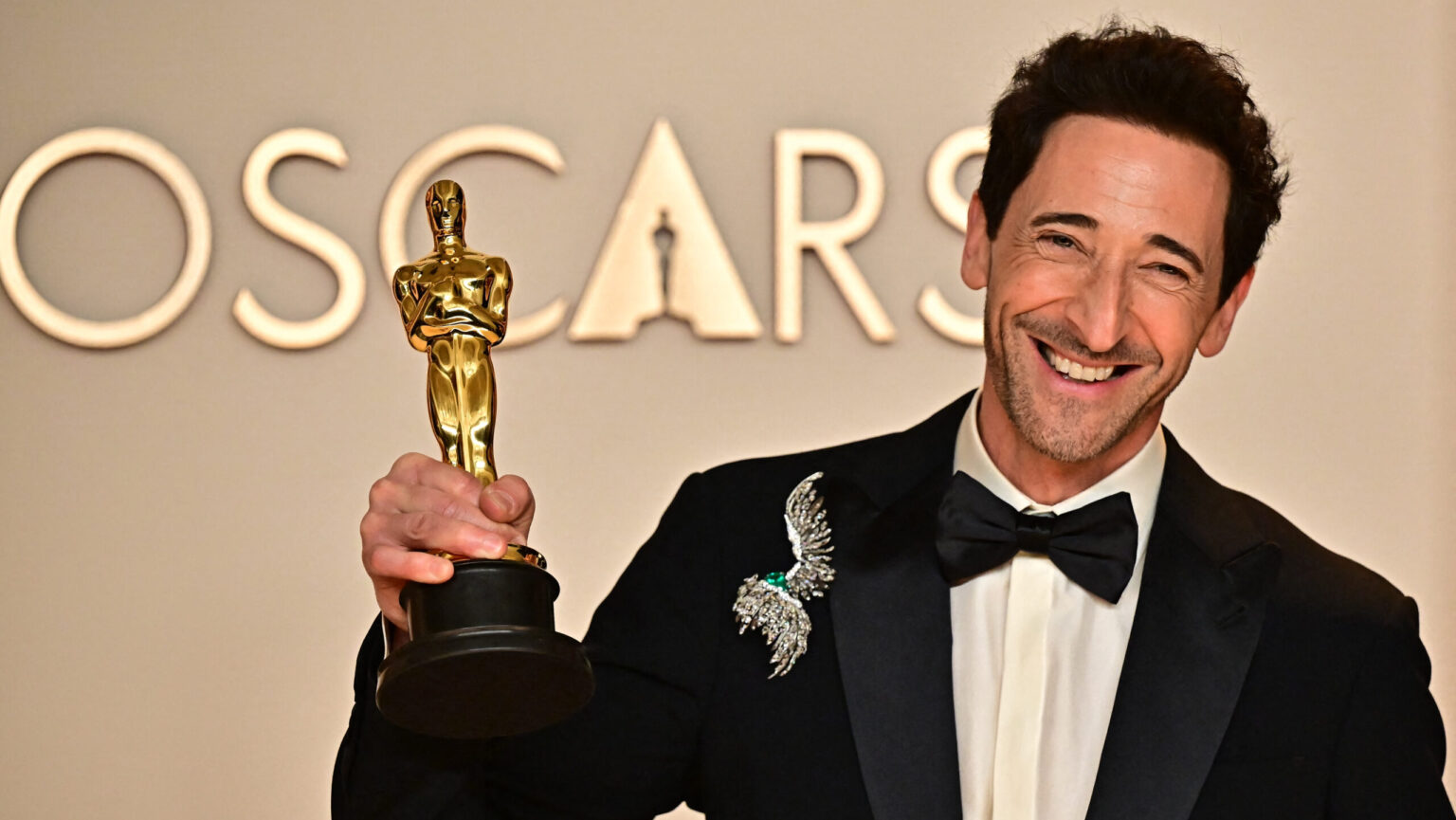
After premiering on Max on 16 May, The Brutalist soared to number one on HBO’s US Top 10 and remains there as of Monday. The critically acclaimed drama follows László Toth, a Jewish Hungarian architect portrayed by Adrien Brody in an Oscar-winning performance.
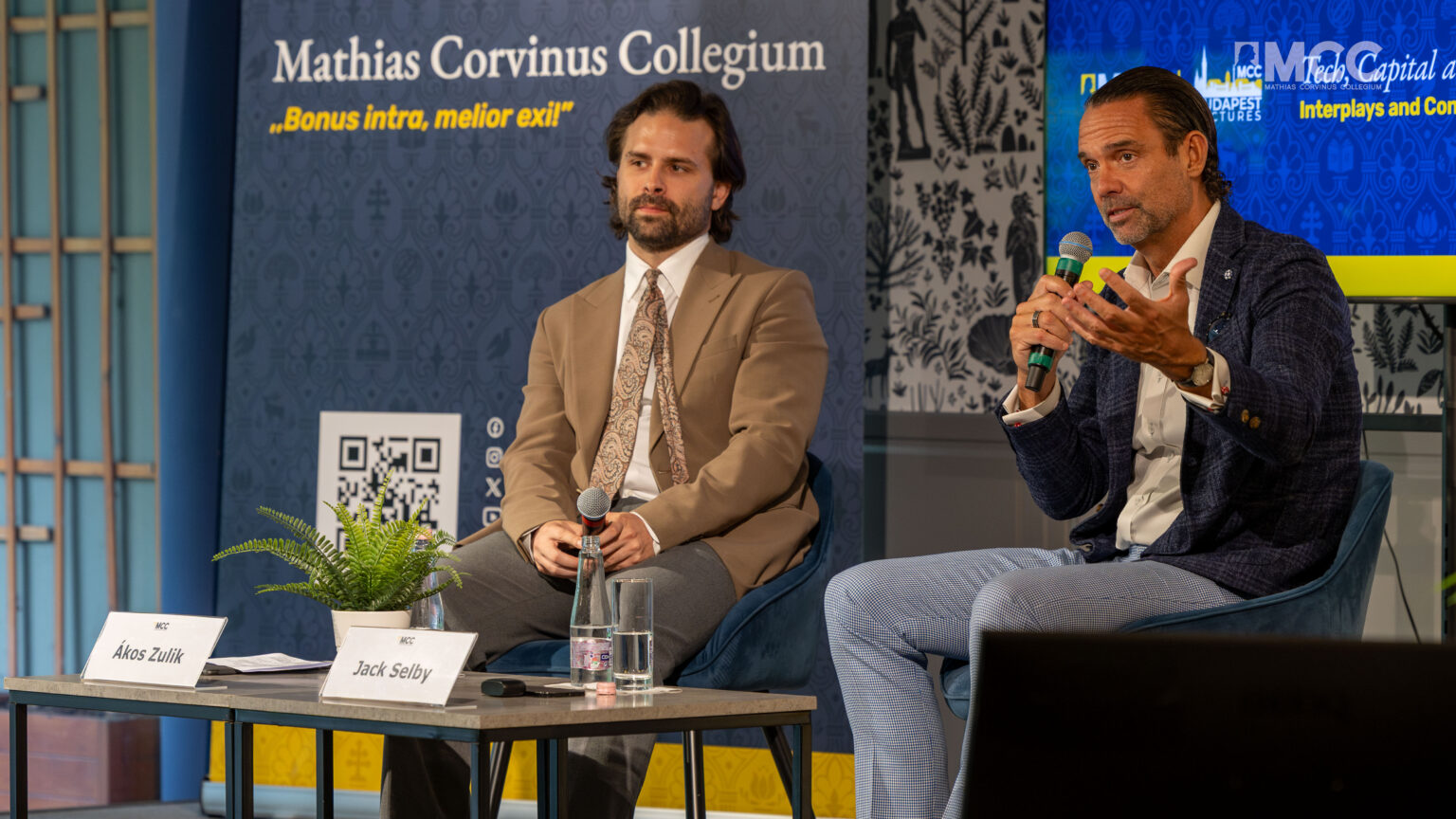
‘Selby, who is known as an early leader of PayPal and is now an established venture capitalist, participated in a discussion moderated by Head of the MCC Central European Connectivity Centre Ákos Zulik. In a frank and forward-looking exchange, Selby said that Hungary has outstanding capabilities in hardware development and manufacturing…’
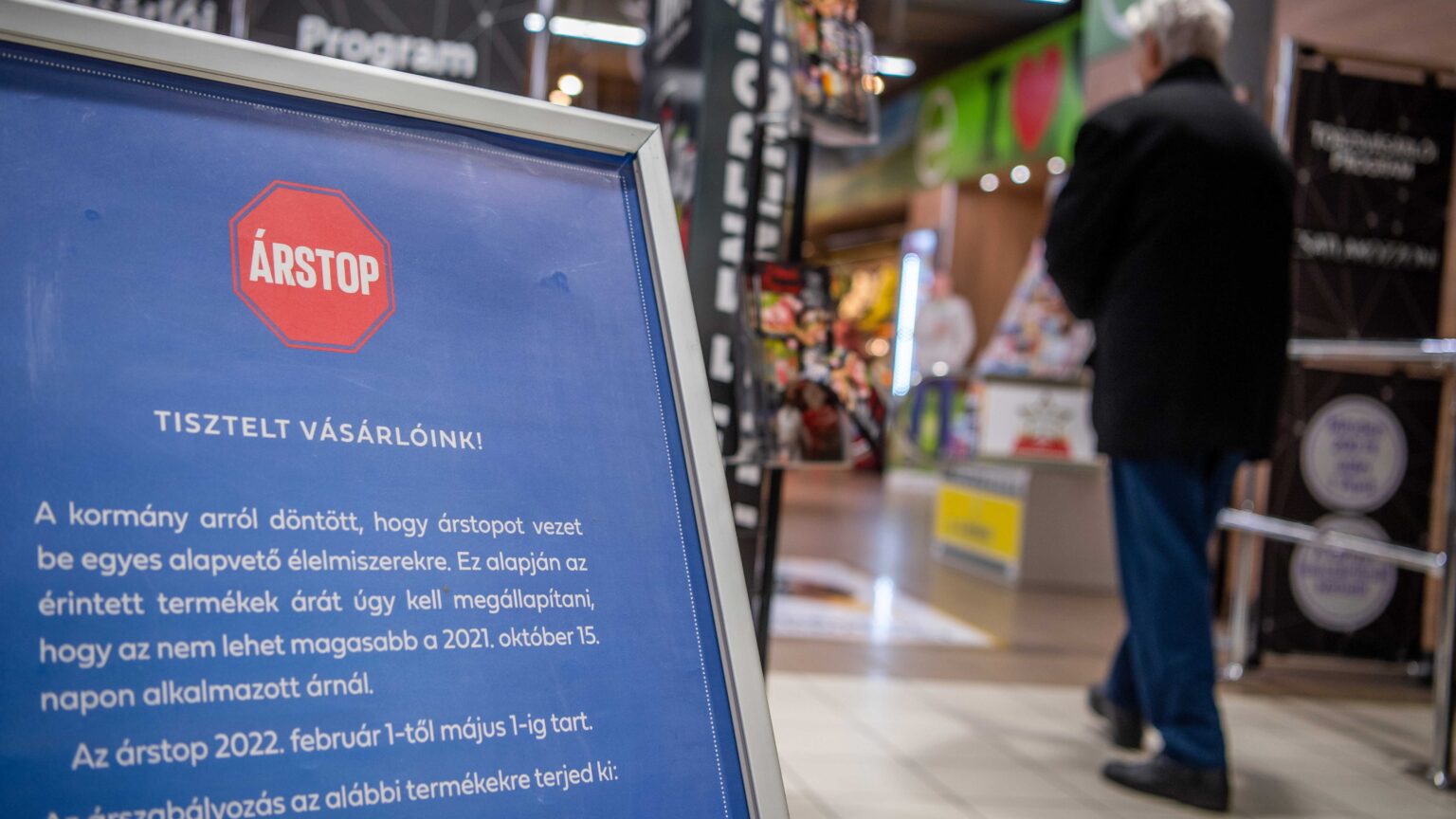
Hungary expands its anti-inflation campaign by capping profit margins on non-food household products sold in drugstores, aiming to protect families and pensioners from unjustified price hikes as part of broader efforts to boost consumption.
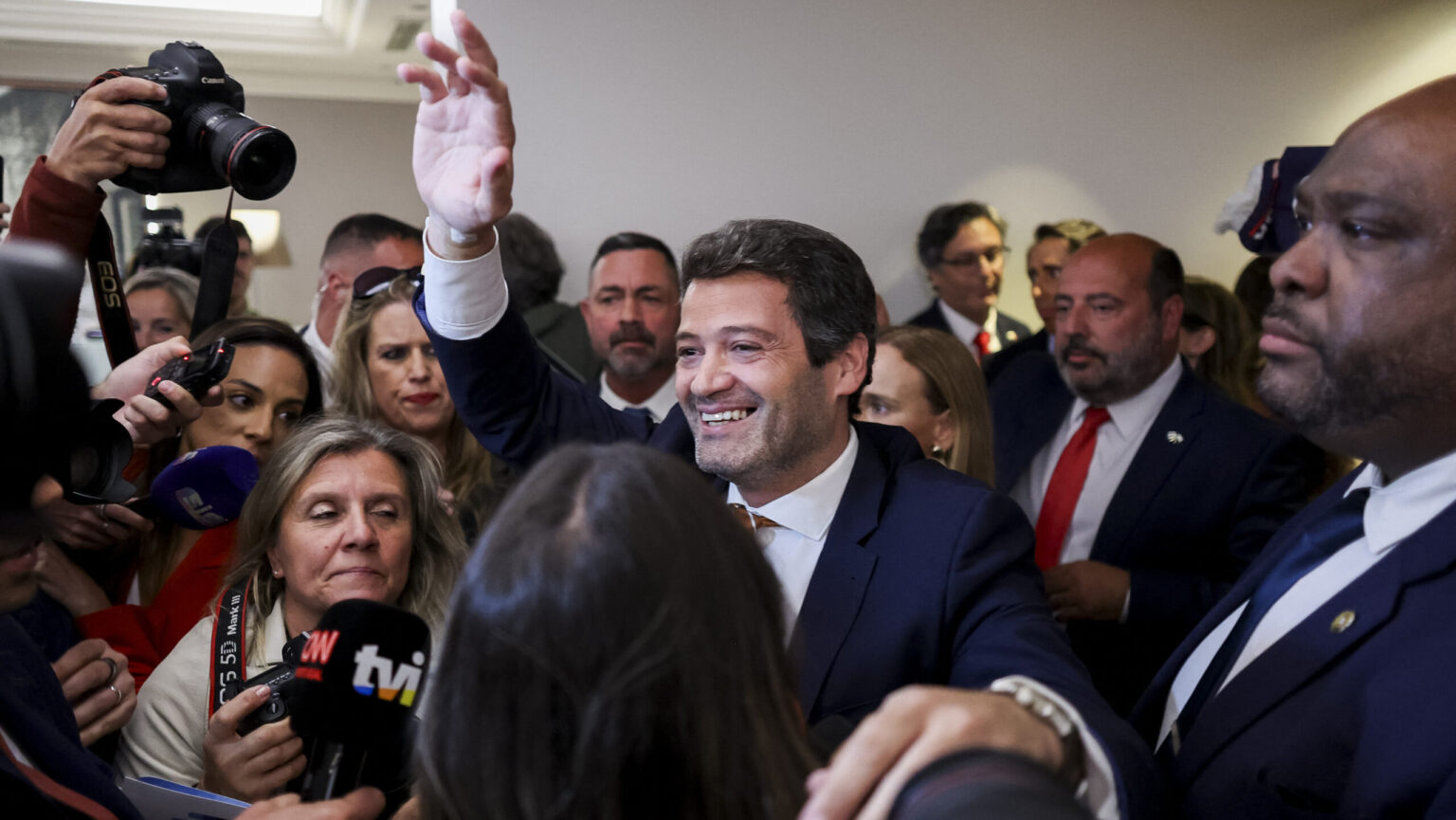
Established in 2019, André Ventura’s Chega is now the second-largest party in Portugal, neck and neck with the Socialist Party after Sunday’s snap election. The southern European country has held its third vote in as many years and is preparing for yet another minority government formed by the centre-right Democratic Alliance coalition—a situation that could further strengthen Chega.
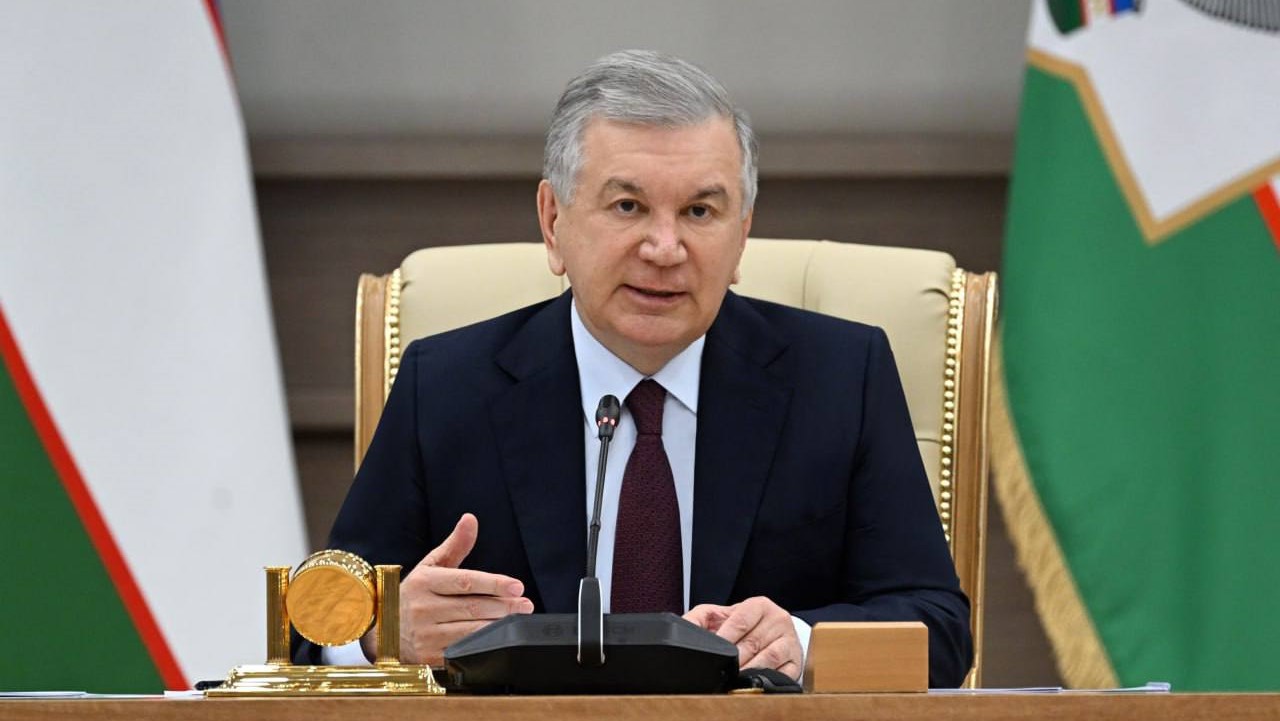
‘Under President Shavkat Mirziyoyev’s leadership, Uzbekistan has transformed into a dynamic leader within the Organization of Turkic States. Through initiatives focused on economic connectivity, regional security, and sustainable development, Uzbekistan is not only strengthening ties among Turkic nations but also carving out a prominent role on the global stage.’
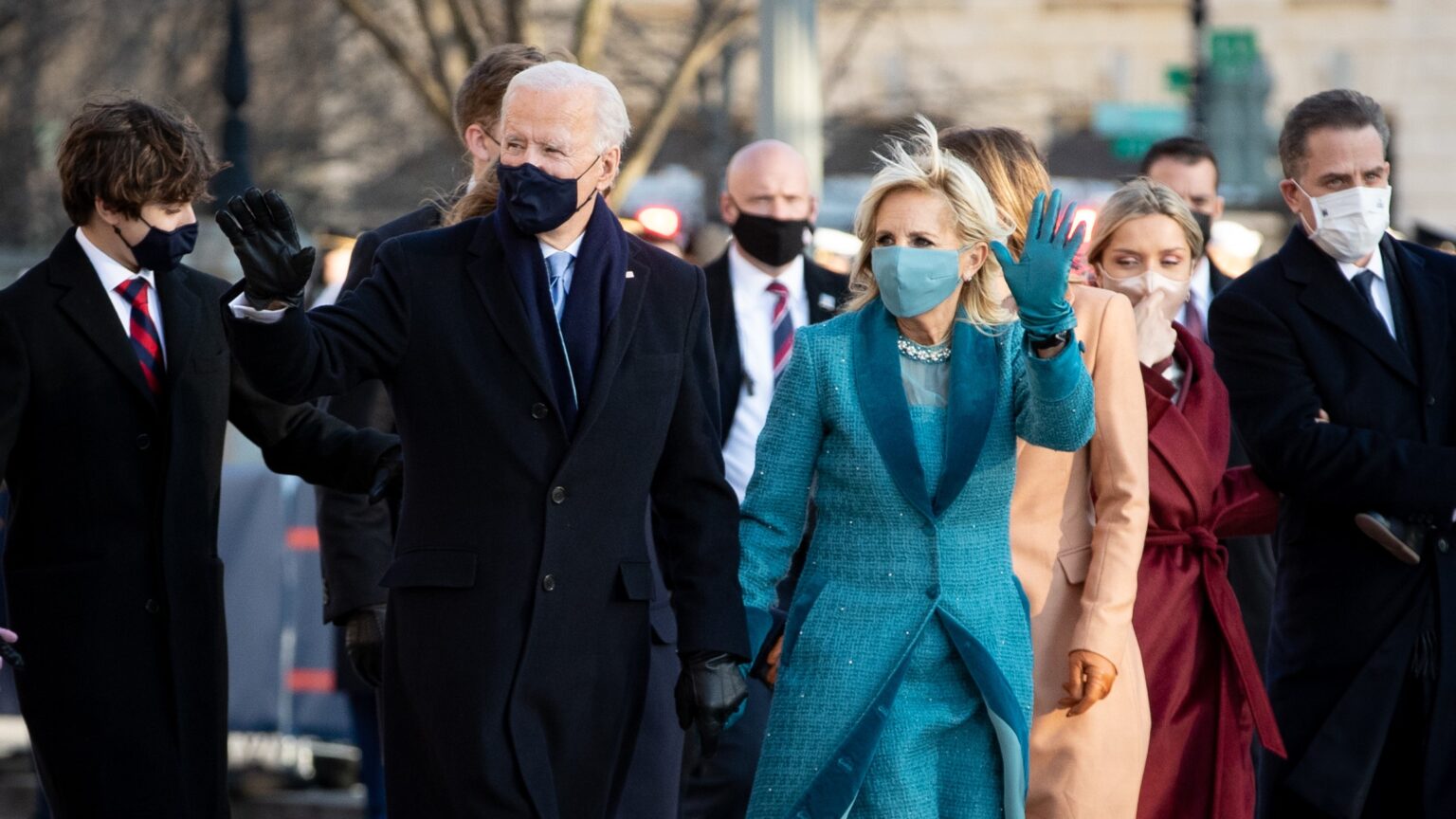
Over the weekend, his family revealed that Former President Joe Biden had been diagnosed with prostate cancer. President Biden had also lost his son, Beau Biden, to cancer in 2015.

Environmental protection has become a central political issue in China, a country responsible for 31 per cent of global industrial output. Former President János Áder and sinologist Gergely Salát explore how China is transforming itself into a green superpower.
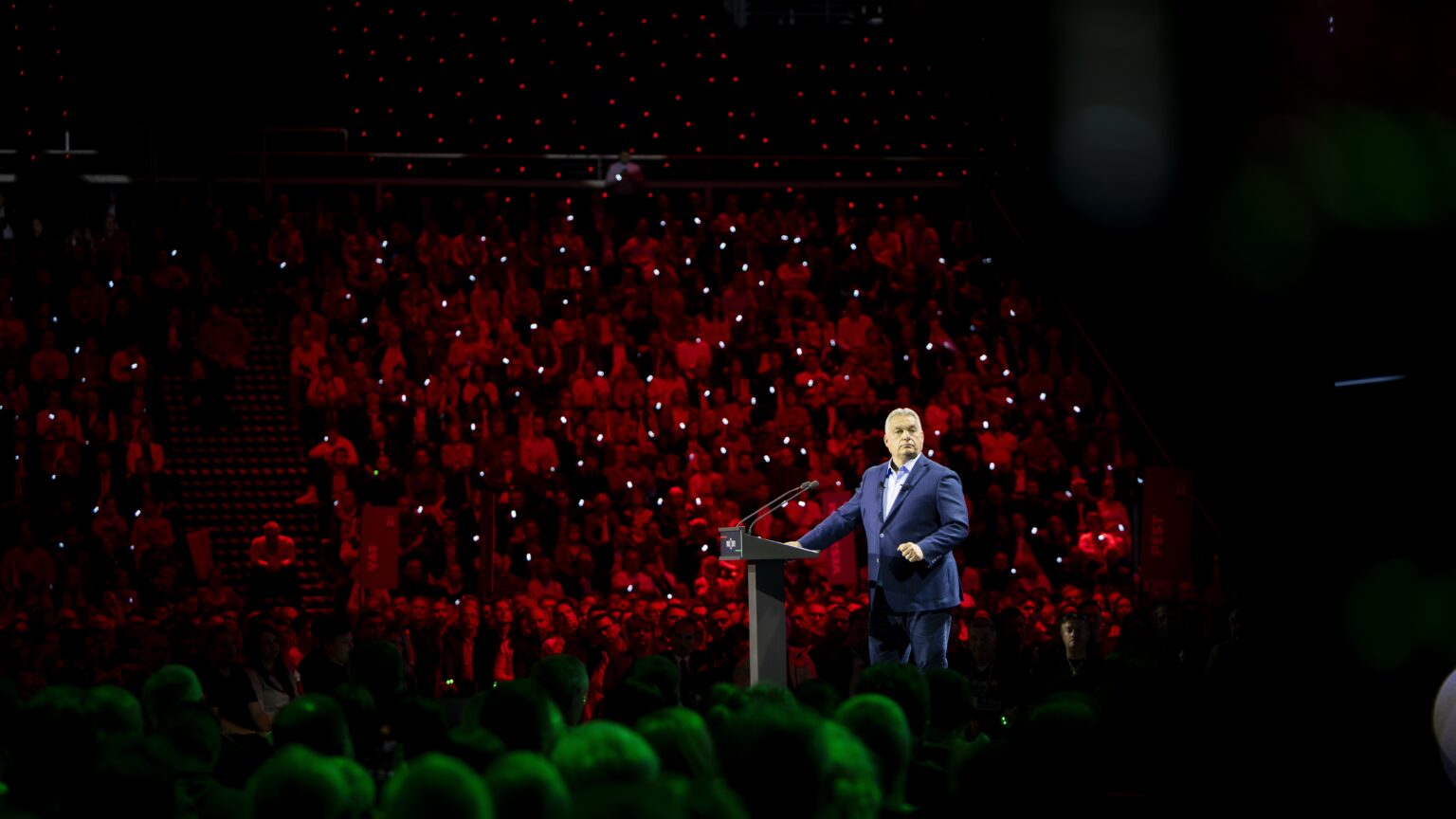
At a major rally in Budapest, Prime Minister Viktor Orbán declared Ukraine’s potential EU membership the greatest threat to Hungary, warning of economic burdens, migration risks, and foreign influence, while rallying supporters for the 2025 elections.
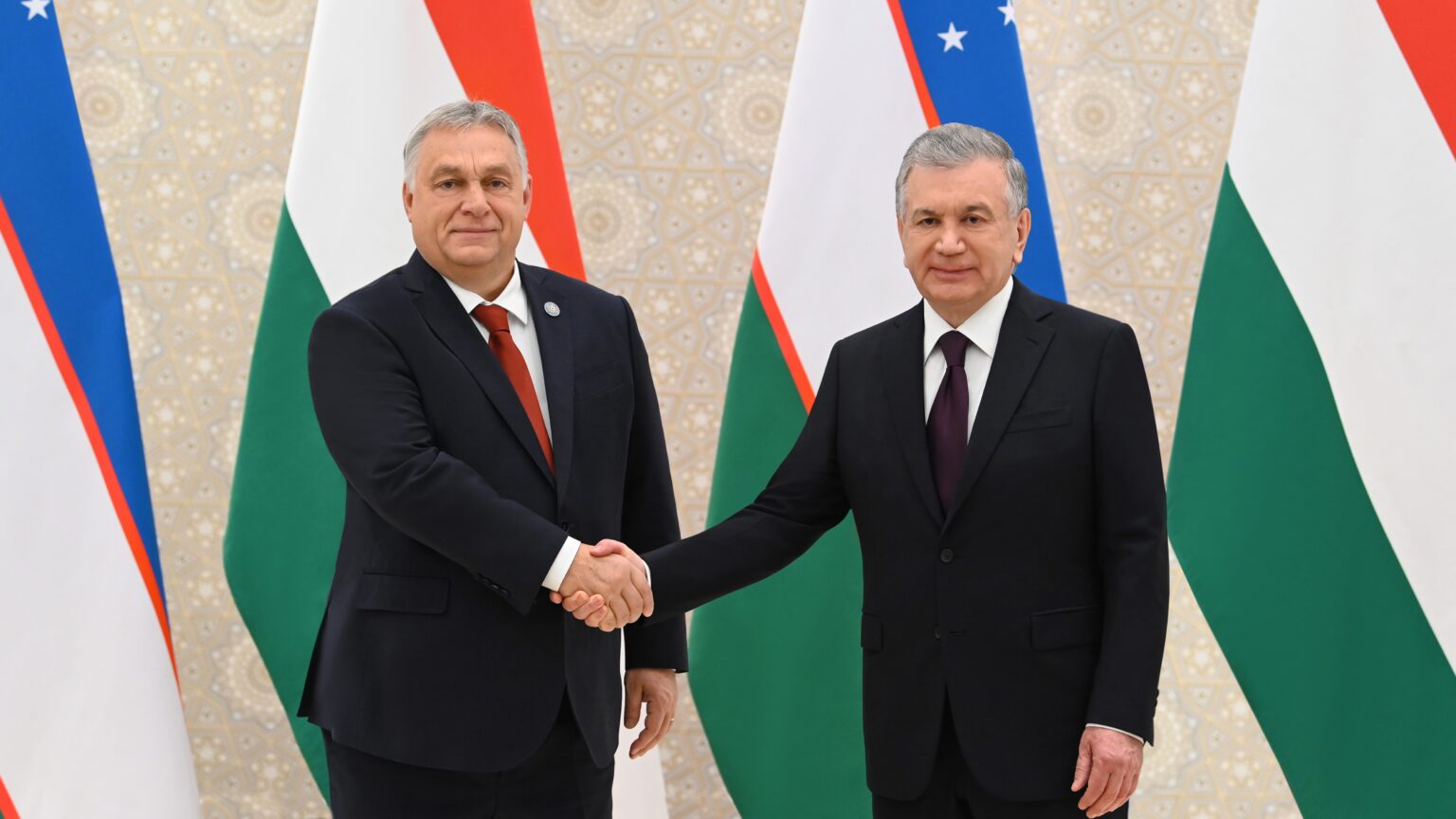
‘As the European Union and the Turkic world steadily evolve into natural economic allies, Hungary’s role in this process is becoming increasingly pivotal. Thanks to the trust it has earned…Hungary is well-positioned to act as a bridge between the two blocs. Hungarian–Uzbek relations are flourishing, with both nations serving as keystone states within their respective regions.’
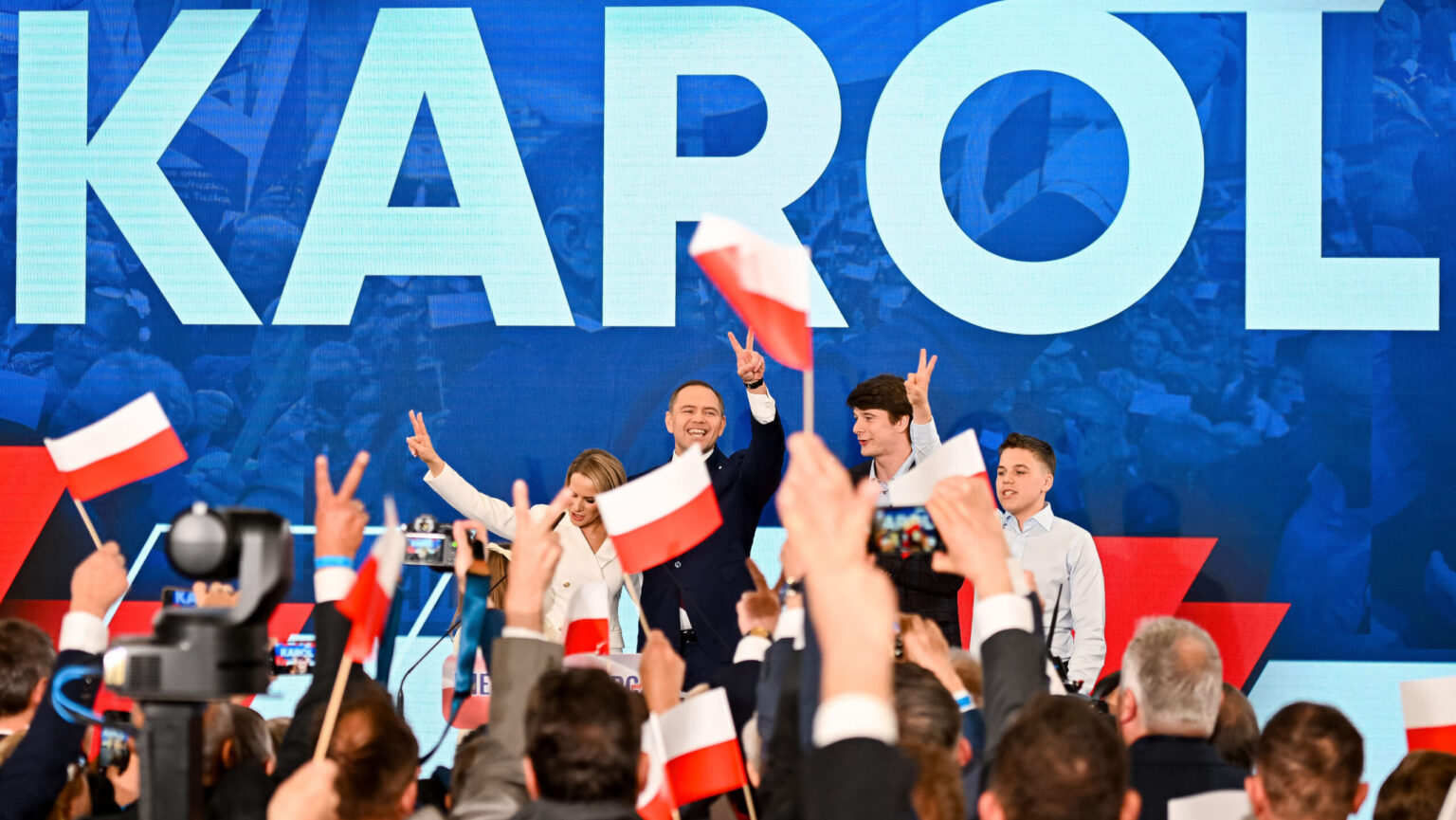
In a closely contested first round of Poland’s presidential election, Donald Tusk’s candidate Rafal Trzaskowski won 31.1 per cent of the vote, narrowly ahead of Karol Nawrocki, who trailed with 29.1 per cent according to the late poll. The run-off on 1 June is widely expected to hinge on voters from right-wing Konfederacja, whose support could tip the balance.

The Jordanian–Hungarian relations have flourished recently, and Budapest is looking to enter the healthcare, food, and digital sectors in the following years.
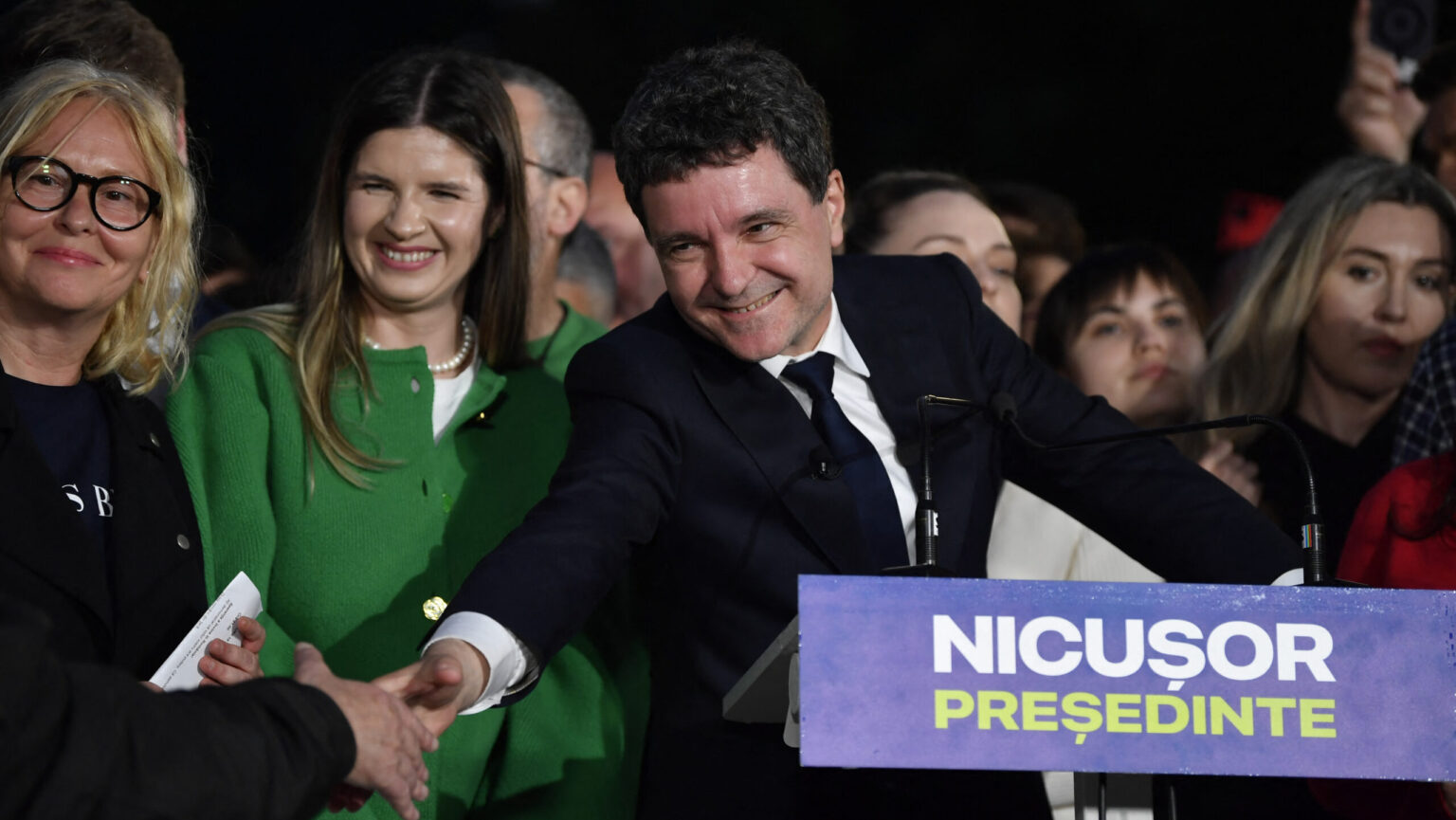
Romania’s presidential election could end with Bucharest Mayor Nicușor Dan’s victory, according to exit polls showing him ahead on Sunday night. However, the result remains fiercely contested, as right-wing candidate George Simion has alleged widespread electoral fraud and declared himself the winner on social media, defying the polling data.

What is Israel’s interest in participating in the India–Middle East–Europe Economic Corridor (IMEC) project? Why is India or Saudi Arabia important for the Jewish state? And why is connectivity a wise idea? We spoke with the Senior Deputy Chief Economist for International Affairs at the Israeli Ministry of Finance at the Danube Institute’s conference on the IMEC initiative.

‘As the Catholic Church teaches, man and woman are made for authentic communion with God and each other…An attachment to a machine, or for that matter, even an affectionate pet, no matter how life-like it may be, cannot fulfill this vocation. It risks becoming an effigy or an impersonation of human relationships, diverting us from the true link for which we were created.’

The vast majority of excavations are done before some kind of construction or investment…Specialists often find cemeteries; graves first present themselves as dark spots to the trained eye. This was no different in 2021–22, when the Janus Pannonius Museum and Ásatárs Ltd excavated the site on the outskirts of the village of Babarc in Baranya County, in connection with the construction of the M6 motorway. Then, an Early Avar cemetery was uncovered on a three-hectare area of loess moorland rising from the Danube.
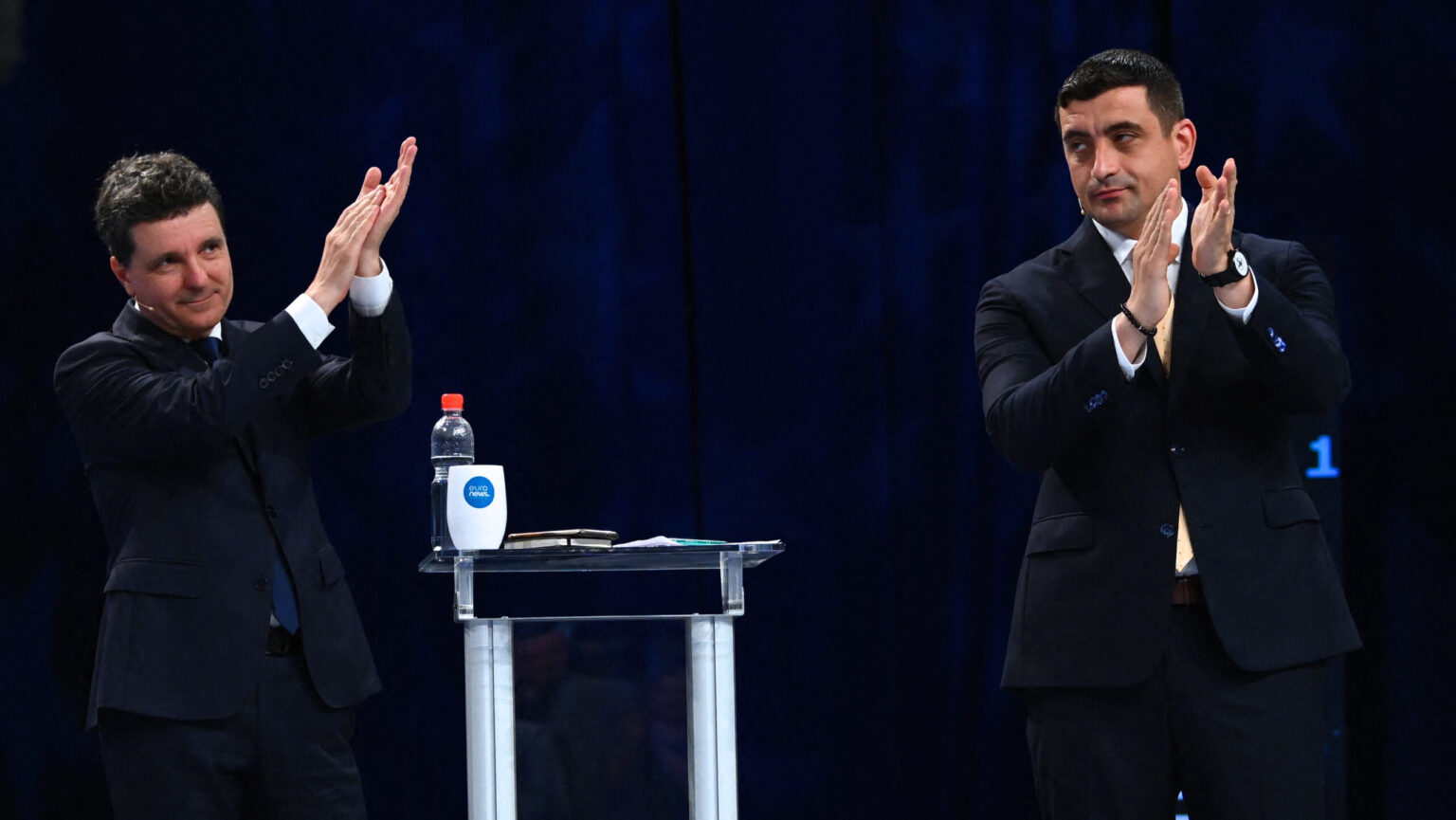
Romanians will cast their votes on Sunday in the run-off of the most controversial presidential election in the country’s recent history. With George Simion and Nicușor Dan running neck and neck in the polls, the outcome could be decided by both the diaspora and the Hungarian community living in Romania.